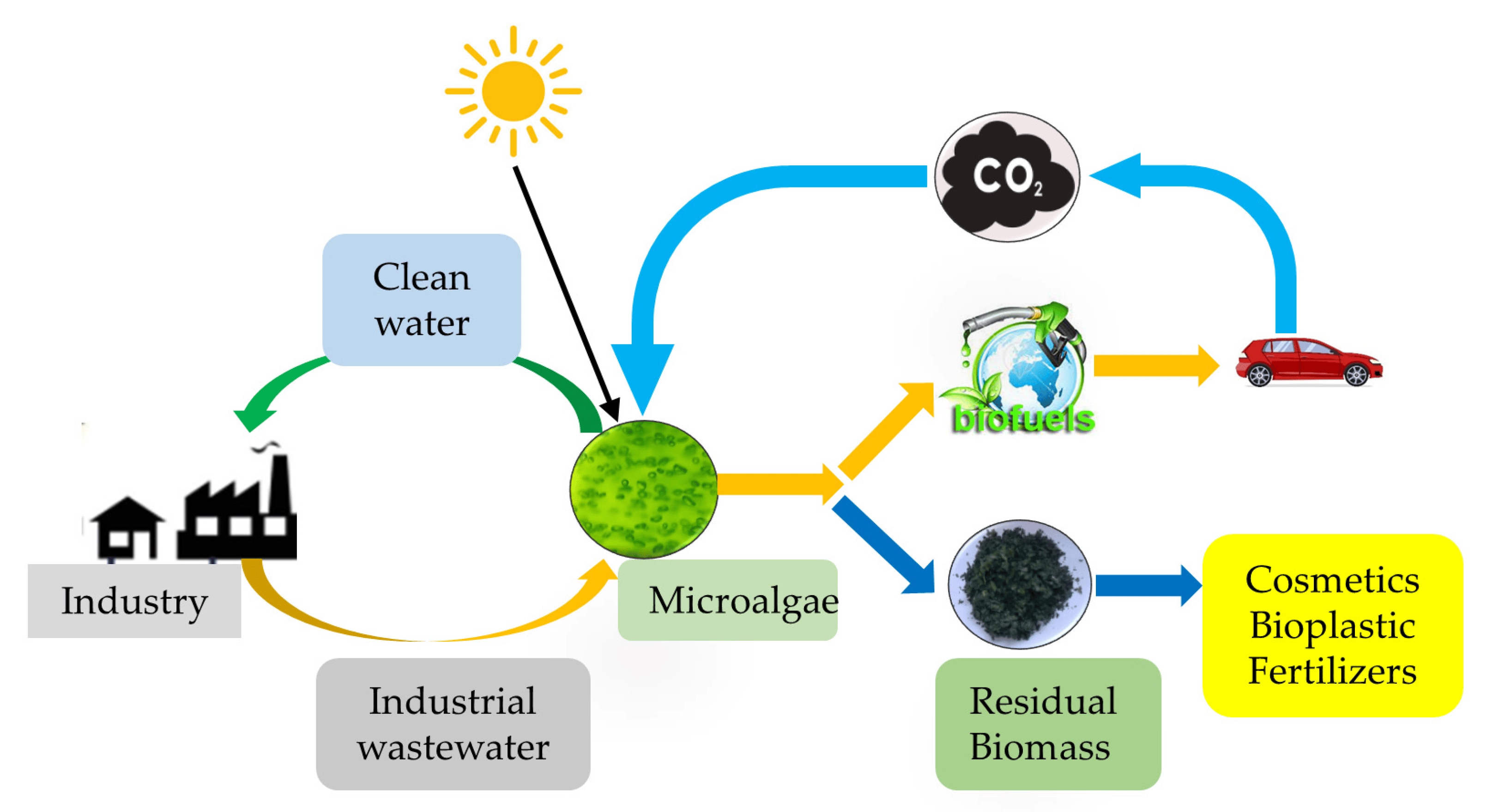Explore the eventuality of biofuels as a sustainable volition in automotive fueling, their benefits, challenges, and impact on reducing carbon emigrations.
Preface
In the hunt for sustainable transportation results, biofuels have surfaced as a promising volition to conventional reactionary energies. This composition delves into the part of biofuels in shaping a greener future for motorcars, pressing their benefits, challenges, and impact on reducing carbon emigrations.
What are Biofuels?
Biofuels are renewable energies deduced from organic accoutrements similar as shops, algae, and waste biomass. They offer a sustainable volition to fossil energies by reducing hothouse gas emigrations and promoting energy security.
Types of Biofuels
1. Ethanol
Ethanol, primarily deduced from crops like sludge, sugarcane, and wheat, is one of the most extensively used biofuels encyclopedically. It can be blended with gasoline( E10, E15, E85) to reduce emigrations and enhance octane conditions in vehicles.
2. Biodiesel
Biodiesel is produced from vegetable canvases , beast fats, or recycled cuisine grease through a chemical process called transesterification. It can be blended with diesel energy( B20, B100) to lower emigrations of particulate matter, hydrocarbons, and carbon monoxide.
Environmental Benefits of Biofuels
1. Reduced Greenhouse Gas Emigrations
Biofuels emit smaller hothouse feasts( GHGs) during combustion compared to fossil energies. They contribute to mollifying climate change by reducing carbon dioxide( CO2) and other dangerous emigrations that contribute to air pollution.
2. Promotion of Sustainable Agriculture
Growing biofuel feedstocks can promote sustainable agrarian practices, similar as crop gyration and organic husbandry styles, which enhance soil health and biodiversity.
Challenges in Biofuel Adoption
1. Feedstock Vacuity and Competition
The vacuity of suitable feedstocks for biofuel product can contend with food product, raising enterprises about food security, land use change, and biodiversity impacts.
2. structure comity
Biofuels bear compatible structure for product, storehouse, and distribution. elevation being structure or establishing new installations can pose logistical and profitable challenges.
Technological Inventions and Future Outlook
1. Advanced Biofuels
exploration and development sweats concentrate on advanced biofuels, similar as cellulosic ethanol and algae- grounded biodiesel, which offer advanced energy yields and lower lifecycle carbon emigrations compared to first- generation biofuels.
2. Integration with Electric Vehicles( EVs)
Biofuels complement electric vehicles( EVs) as part of a diversified approach to reducing transportation emigrations. They can serve as a transitional result while EV structure and battery technology continue to advance.
Economic and Policy Considerations
1. Government impulses and Regulations
Government programs, similar as renewable energy norms and duty impulses, play a pivotal part in promoting biofuel product, consumption, and structure development.
2. Profitable viability
The profitable viability of biofuels depends on factors like feedstock costs, technological advancements, and request demand. Cost competitiveness with fossil energies remains a crucial consideration for wide relinquishment.
FAQs
1 Are biofuels compatible with being vehicles?
– yea, numerous vehicles can use biofuel composites without revision. Flex- energy vehicles can operate on advanced ethanol blends like E85.
2 How do biofuels compare to fossil energies in terms of performance?
– Biofuels have analogous performance characteristics to conventional energies and can indeed enhance machine effectiveness in some cases.
3 What are the environmental benefits of using biodiesel?
– Biodiesel reduces emigrations of particulate matter, hydrocarbons, and carbon monoxide compared to traditional diesel energy.
4 Can biofuels be produced sustainably?
– yea, sustainable biofuel product practices include usingnon-food feedstocks, optimizing land use, and minimizing environmental impacts.
5 What part do biofuels play in reducing carbon emigrations in transportation?
– Biofuels contribute to reducing carbon emigrations by displacing reactionary energies and offering a renewable volition for powering vehicles.
Conclusion
Biofuels represent a sustainable volition to conventional reactionary energies in the automotive sector, offering environmental benefits, promoting energy security, and supporting agrarian sustainability. As technology advances and programs evolve, biofuels are poised to play a pivotal part in achieving carbon reduction targets and transitioning towards a greener future for motorcars. Embrace the eventuality of biofuels as a feasible pathway towards sustainable transportation, driving invention and environmental stewardship in the automotive assiduity.
